![What Is Candidate Experience And How To Create Amazing One [In-depth guide]](http://recruiteze.com/wp-content/uploads/2021/08/word-image-43.png)
Candidate experience is an integral part of the hiring process, and it has a massive impact on your employer brand. Having bad reviews on websites such as Glassdoor or negative feedback from candidates can adversely affect your brand value.
For this reason, we have decided to create a comprehensive guide on candidate experience, in which we have included the following points:
- What is candidate experience?
- How to create a fantastic candidate experience?
- How can technology help you better the candidate experience?
- Benefits of a great candidate experience.
- How to effectively measure candidate experience?
- Expert’s opinion on candidate experience.
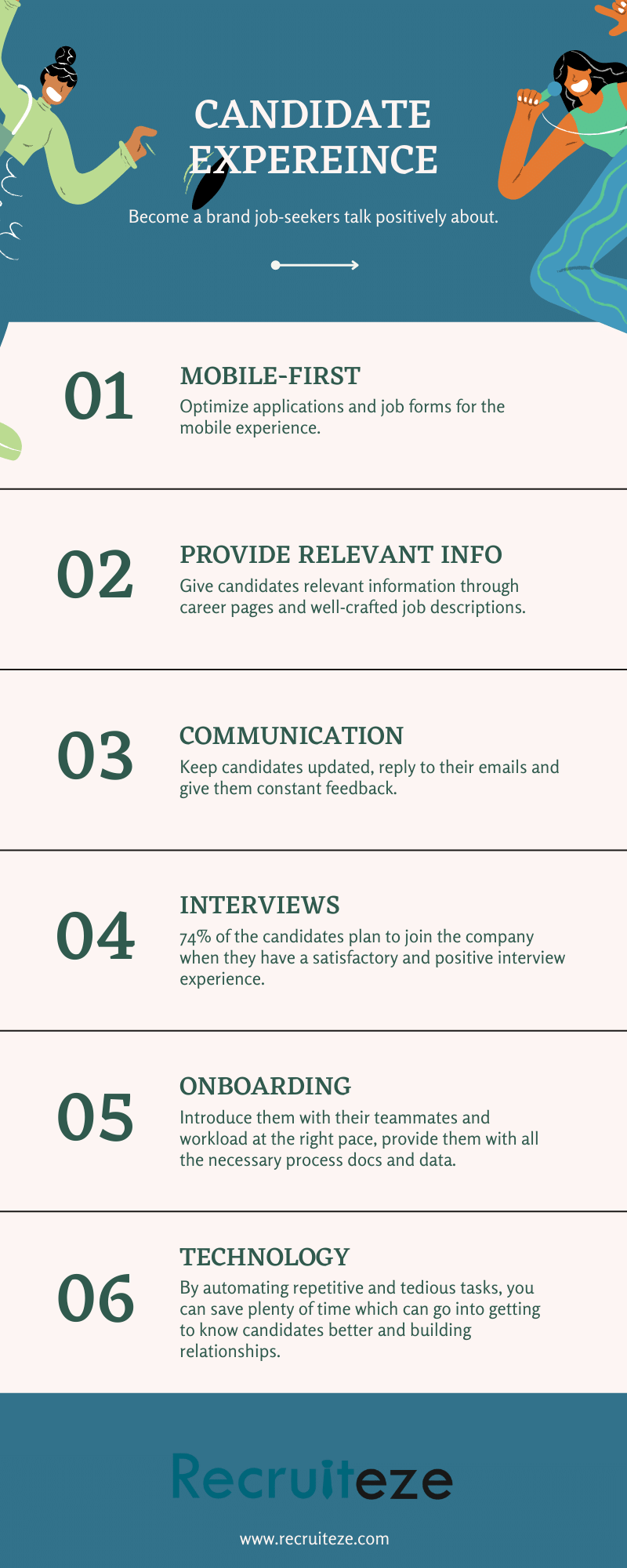
What is candidate experience?

Candidate experience is the reaction or feedback that a job seeker/applicant has about the organization’s job application process.
“Candidate experience” has become a high priority for HR managers these days. A well-designed recruitment process provides candidates with a fast, smooth, and pleasant candidate journey.
How to create a fantastic candidate experience?
Having candidates feel empowered and confident throughout the hiring process is a tremendous competitive advantage for every company. Creating a positive experience, even if you reject the candidate is a skill that can be mastered.
In the following sections, we have discussed all the factors that play into creating amazing candidate experience, such as:
- Frictionless mobile-first application processes
- Writing a clear job description
- Providing the accurate information
- Effective communication
- Interviews
- Onboarding
Frictionless mobile-first application processes

Certain factors act as a turn-off for candidates, such as complicated job applications, counterintuitive career sites, and requests for multiple onsite interviews.
Again, it’s time to go with the flow, i.e., make your complete recruitment drive painless by powering it with the smartphone. Give the candidates an opportunity to apply, interview, and engage via smartphone with your organization.
This is no surprise because 94% of job seekers have used their phones to browse for jobs online. 87% of them have used their smartphones to call the potential employer, and 74% have emailed about the job they are applying for via smartphone.
Further data discloses that 50% of job seekers fill job applications on their smartphones, and 23% even create a resume or cover letter.
Now, how do you feel about losing literally half of your potential candidates just because your smartphone UX isn’t optimized? It is a terrible feeling, we know.
And not only do you lose them, but you also create loads of friction and negative candidate experience from the very start of the recruitment process.
When talking about smartphones, mentioning speed and complexity is important too. 60% of candidates quit filling out the job applications since they are too complex or lengthy. Ensure that your forms are sweet and short.
Using chatbots on the application and career pages has also been shown to be effective. Companies that have used chatbots were three times more likely to create a positive candidate experience.
Information

Providing relevant information on your career page, LinkedIn company page, and different social media channels is an essential part of the candidate experience.
The most important page for a candidate is the company career page.
The career page should:
- Have brief details about the company history.
- Explain the company benefits clearly.
- Show employee pictures with testimonials or videos of employees describing why you are a great company to work for.
This will form a very positive impression of the company for the applicant.
Write clear job descriptions

A job description should be crisp and clear. It can also be fun and exciting.
The job description should communicate the following details:
- A brief company history.
- A link to the company career page.
- Describe the essential parts of the job.
- Specify the job duties.
- Education requirements.
- Skills requirement.
- Detail any relevant experience required.
If you want more detailed information on this matter, take a peek at tips from experts on how to write amazing job descriptions.
Effective communication

Communication is a crucial aspect of providing a great candidate experience. Candidates love when they are in the loop throughout the recruitment process.
When we say that communication is essential, here is what we mean by that:
- Giving precise information in job descriptions.
- Setting the right expectations about the whole recruitment process and the job.
- Giving candidates feedback.
The last one is essential. 75% of candidates never hear back from the employers. This is a terrible practice since you come across as unprofessional and provoke negative emotions in candidates.
You don’t want them to feel hopeless, unimportant, and rejected. Instead, give them feedback constantly:
- Let them know that you have received their job application. A simple “Thank you” email is enough.
- If they have gone through the interview but didn’t pass, let them know why. Give them honest, constructive feedback. It can serve as a great learning process for candidates, and they might feel as if they have still gained something from the whole experience. Simply put, create a positive experience from a negative situation.
- Once you have hired the candidate, don’t leave them hanging. Make sure to reach out and see how they are doing in their new job position.
- At the very end, remember to ask for feedback on the whole hiring process. Ask candidates what was good and what wasn’t. Here are some questions you can ask.
If you want to make the most out of this part, check out our guide on effective communication with candidates.
Interviews

The interview and the onboarding experience decide the fate of the company. As per a report by the Talent Board, it was found that around 74% of the candidates plan to join the company when they have a satisfactory and positive interview experience.
Interviews are the best in determining whether the applicant is the right fit for the company and job role, but it is also a candidate’s best way of finding out more about the company. The latter one is what a lot of recruiters often forget about.
Ensure that you answer all of the candidate’s questions and never leave them confused throughout the whole process. Make sure to provide them with what they can expect from the interview and how it looks like.
Interviews can be stressful and provoke anxiety in many candidates. Therefore, providing them with structured information on potential questions, precise time, whether the interview is online or in-person, and who will be the interviewer can help them be more relaxed and confident.
Every candidate wished to show themselves in the best light during the interview, so let them feel encouraged and empowered.
After all, if they feel that way during the interview, they will be more inclined to become the employee since the positive experience from interviews often translates into what they can expect to feel like on the job.
Onboarding

This is a step at which you prove that everything you have been promising was true. Ensure to have a strategic and structured onboarding process to provide a positive candidate experience in this stage.
Introduce them with their teammates and workload at the right pace, provide them with all the necessary process docs and data. Sometimes assigning a mentor for the first few weeks is needed, too, depending on the job position.
Here, you can read more on the effective onboarding processes.
How can an ATS help with candidate experience?

ATS or Application Tracking System also boosts the candidate experience by automating many aspects of recruiting and helping recruiters create even better candidate experience. Here are a few ways ATS can help with candidate experience:
- Job portal management.
- Customizable screener questions.
- Application acknowledgment.
- Candidate workflow.
- Email templates.
Job portal management
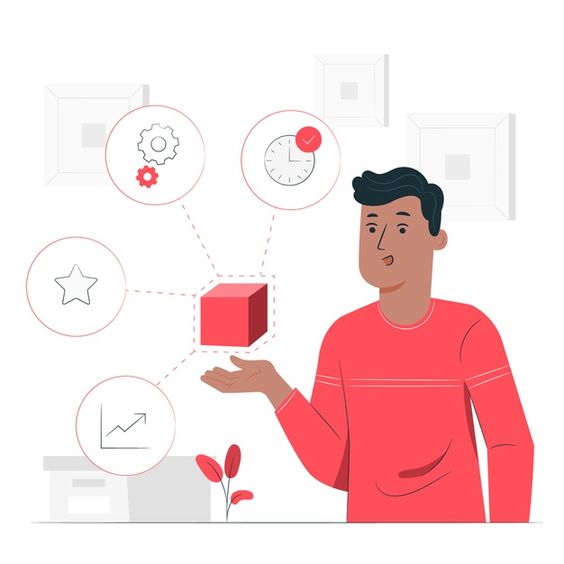
Your career portal will be disconnected from your recruitment process without an online ATS. It will result in expired jobs showing on your career portal. This leads to a bad candidate experience if candidates apply for dead jobs and they do not hear a response.
A modern online application tracking system usually comes with a highly customizable job portal management system. It allows you to create a custom job portal with your brand colors and logo.
You will also be able to embed the job widget on your career page. Online ATS allows you to easily manage your career portal to always show active jobs only on the career portal.
Customizable screener questions
ATS allows you to create screener questions for each job position and filter candidates. This way, you can quickly assess whether the candidate is the right fit for the job role or not.
This makes your hiring and recruiting processes faster, ensuring the candidates get feedback promptly and thus enhance the overall experience.
Application acknowledgment

As stated above, most applicants still do not receive an acknowledgment when they apply for a position, leading to awful candidate experience.
An online applicant tracking system can automatically send out a personalized application acknowledgment when a candidate applies either through the career portal or other job portals.
The application acknowledgment should clearly state that the application has been received and the next steps.
Candidate workflow
A modern online application tracking system will allow you to set up a customized candidate workflow for your organization. Generally, each company’s workflow is different; you should follow your steps to recruitment.
Notifying the candidate at each step of the candidate workflow offers the best candidate experience.
Email templates
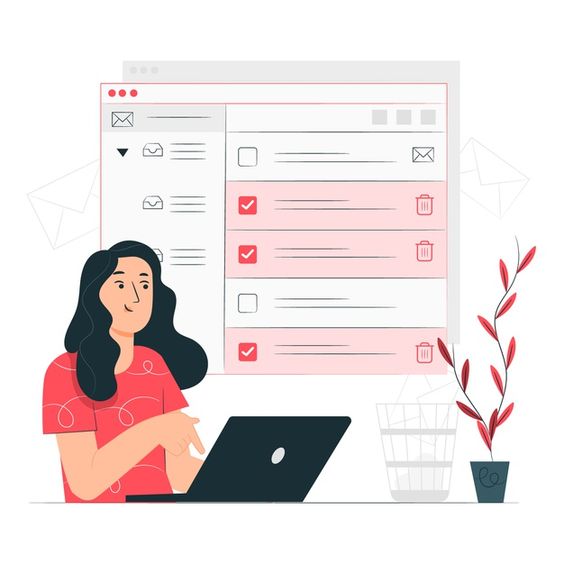
Email templates are an essential feature of an online applicant tracking system. Using customizable email templates, you can streamline all your candidate communications at each step of the recruitment process.
The ideal way of using email templates is to add a personal touch with a relevant sentence to the candidate. That shows you care about the candidate.
Recruiteze is an online applicant tracking system that offers all these features in order to help you create a fantastic candidate experience. If you are an SMB or staffing agency, you should give it a try.
Benefits of a great candidate experience
There certainly is a lot of benefits to creating a great candidate experience. Some of them are:
- Attracting more applicants – The easier and simpler your job application, the more candidates will finish filling it out. And not only in that way, but if candidates are genuinely happy, they will go around and share their positive experiences with the company, just like they would share the negative ones.
- Top talent – Great candidate experience allows you to compete for top talent. It will allow you to create an outstanding first impression and close the highly talented candidates much faster than the competition would.
- Improved quality of hire – Giving candidates what they need and want throughout the recruiting process will make them more inclined to accept your offer.
- Increased brand awareness – As stated above, people share their experiences. And when it comes to your company, you want them to be positive. This can lead to even more high-quality applicants coming in.
How to effectively measure candidate experience?

The best way to measure candidate experience is through surveys. You will need to ask candidates to answer questions about or through different stages of your hiring process.
Some ATSes come with an inbuilt feature for measuring candidate experience, but you can do it yourself too. In both ways, the golden rule is to keep questions short and simple.
Our best recommendation, for now, is to use the Net Promoter Score (NPS) in measuring the candidate experience. Here is how to do this:
- Create questions so candidates can answer on a scale from 0 to 10.
- Those candidates that answer 9 and 10 are promoters.
- Those candidates that answer from 0 to 6 are detractors.
- Calculate the percentage of promoters and detractors.
- Subtract the percentage of promoters from the percentage of detractors.
- A positive score is considered good since it means that there are more promoters than detractors, or to put it simply, more happy candidates.
Keep in mind that candidates may be biased or scared to say what they really mean. For that reason, make the survey anonymous. This isn’t the most precise way of measuring candidate experience, but it can give you a clue on where you stand.
What do experts have to say about the candidate experience?

For this guide to be complete, we have compiled the thoughts of the most prominent experts in the field. Some of them being Richard Branson, Meghan Biro, Joshua Budway, and more.
Loud Adler
Lou Adler is the founder and CEO of the Adler Group. He has authored numerous best-sellers and runs in-demand recruitment and HR workshops around the globe. It’s safe to say that he knows what he’s talking about when it comes to the candidate experience.
He explains how you hire great people the same way you create a great user experience for any product or piece of software. This starts with first understanding the user.
For Lou, there are three foundational points that employers and recruiters must understand if they’re going to craft a candidate experience worth shouting about. They are:
- There is a shortage of the best people in any field.
- Most of the best people aren’t looking for another job.
- The best will opt out early unless the CX is world-class.
This echoes what we’ve written about before regarding skills shortages and a candidate-driven market. The blunt truth is, you need the best candidates more than the best candidates need you.
The key takeaway from Lou’s writings is this:
Create a CX that targets the best, treats the best with respect, and offers a job based on the candidate’s motivating needs. Then apply these same principles to every other candidate. That’s how you create an award-winning CX and hire great people, too.
Richard Branson

Given his massive global success, Richard Branson seems like someone to listen to. A pearl of wisdom from someone who has built an empire worth over $5 billion:
Companies should treat all people well [because] you never know when your paths will cross in the future.
Richard shares a story of Sam Cox, an aspiring flight attendant who was unsuccessful at the interview. He sent her a personally signed letter thanking her for her time, inviting her to try again in the future, and offering her a £20 voucher to put towards a Virgin flight or Duty-Free.
A decade later, Sam ended up back within the Virgin Group as Richard’s personal assistant. Small world, eh?
The point is, a small kindness costs nothing – and can reap dividends in terms of your brand reputation.
Meghan Biro

Meghan is known for her insight into talent, branding, and HR tech. Her piece opens with this killer line:
“What’s the difference between a great candidate experience and a deep, cohesive employer brand? Nothing.”
She elaborates that 78.6% of job applicants are applying for a job because of their own personal research into a brand.
In other words, everything that is “out there” about you has a direct and massive impact on the talent you hire.
“Your brand influences talent acquisition,” as Meghan succinctly puts it.
Companies should focus less on creating an image of “this is what it’s like to work for us” and more on “this is who we are.”
The candidate experience starts much earlier – before candidates are even candidates at all – and having a consistent brand story is a fundamental part of the early candidate experience.
To quote Meghan, “at the foundation of candidate experience is brand – and not the other way around.”
The undercover recruiter

According to TUR, three elements make up a poor candidate experience:
- Poor communication
- Poor organization
- Vague job descriptions
We’d probably add a few more to that list, but those are some of the biggest issues candidates have with the application process.
34% of candidates state that they’d rate the candidate experience higher if the communication were better, with 28% complaining that they should be notified if they weren’t successful.
Not notifying candidates at all – that’s a far cry from Richard Branson’s personalized letter.
54% of recruiters feel hiring managers have unrealistic expectations. In comparison, 60% of hiring managers think that recruiters just don’t understand the role.
The outcome?
The candidate gets stuck in the middle, and the candidate experience suffers.
Social Talent

Social Talent has quickly established itself as a voice to be heard in the talent acquisition industry, so it makes sense that this article is one of the most shared pieces on the candidate experience.
The author, Siofra Pratt, shares the cautionary tale of Blockbuster, whose runaway success promptly turned into failure when they flagrantly disregarded customer preferences and clung to their old way of doing things.
Siofra notes:
“Candidates are our customers, and if we fail to provide them with the hiring experience they expect, they will find someone else who can give it to them, just as Blockbuster’s customers did.”
In this article, Siofra looks at the various things that can go wrong with the candidate experience, concluding that the single most significant impacting factor is poor communication.
With that in mind, she shares the following practical tips to quickly improve the candidate experience via Software Advice:
- Improved communication
- Notification if unsuccessful
- Hiring process timeline
- Human contact after application
- Timely replies
- Clear job descriptions
- Progress updates
- Application confirmation email
- Shorter application forms
- Clear Salary and Benefits
- Explanation as to rejection
Simple changes that can have a big difference in terms of the candidate experience – worth trying.
Joshua Budway

Joshua notes that “from the candidate’s perspective, experience and brand are the same.”
He shares the four steps that he led Medallia through to allow them to grow by nearly 160% in 2 years – in the middle of the Silicon Valley talent wars and despite not having the clout of the Ubers or the Facebooks.
Here they are:
- Hit the wall – Acknowledge what’s not working.
- Listened – Set up comprehensive feedback systems.
- Setting candidate expectations – Better communicate what candidates should expect.
- Created a clear vision – Then sat back and gave recruiters a budget to execute.
From Joshua’s perspective, the main thing that comes through was to listen to candidates and then respond to those insights. When you put it like that, the candidate experience isn’t complicated at all.
The most important thing – a recurring point in many of these pieces – was communication. The Medallia team found that one of the most significant factors impacting candidate experience was how they communicated their feedback.
Changing this was relatively simple – they started training their recruiters on how to deliver feedback better. They introduced shadowing systems for new recruiters to learn how senior recruiters did it. Their legal team trained candidate-facing teams on how to be honest, and transparent.
Joshua also makes an important point: you don’t always have to give candidates what they want to improve their experience.
He tells of “a disconnect between what candidates were telling us and what we were willing to change “ in that the hiring process was too long but acknowledges that this was something they didn’t want to change.
In this instance, the key was communicating with candidates clearly, so they knew what to expect beforehand, which solved the negative feedback problem. A simple thing, but a panacea for those who’re concerned about pandering to their candidates’ every whim.
The underlying principle that Joshua highlights is this: listen to your candidates, then filter those insights back through the candidate experience to make candidates feel that “they really know me.”
If this summary has piqued your interest, you can read the whole piece here.
7 questions you must answer about your candidate experience

For the end, here are 7 questions you can ask yourself to determine your position when it comes to candidate experience.
- Is your recruitment drive “EASY”? Are forms easy to fill? Are they mobile optimized?
- How much faster is your recruitment process? Candidates are looking for quick responses and fast processes.
- Is your recruitment drive transparent? Regular status updates, responsive email replies, and frequent communication keep the hiring process transparent. The candidate should be aware of the application status from start to finish and what is expected of his candidature at each stage.
- Does your hiring drive allow the candidate to put their best foot forward? Allow candidates to express themselves and present their skills. In the end, ask them: “Is there anything you didn’t get a chance to tell us that you think we should know?”
- Do you take efforts to explain precisely why a candidate has not been selected? Do you provide genuine feedback? Share the feedback to candidates to the extent it is practical. If you do not share, the candidates will not be doing better in the upcoming interviews and will fail to re-apply when they are more competitive.
- When does the “candidate experience” officially change to the “employee experience?” Candidate experience shouldn’t be better than the environment they would be working in, as otherwise you may be promising heaven and sending them into hell.
- Do you brand your emails, especially the automated ones? No one is interested in even opening emails unless they contain their name or some relevant information.
Online ATS For Small Business Hiring
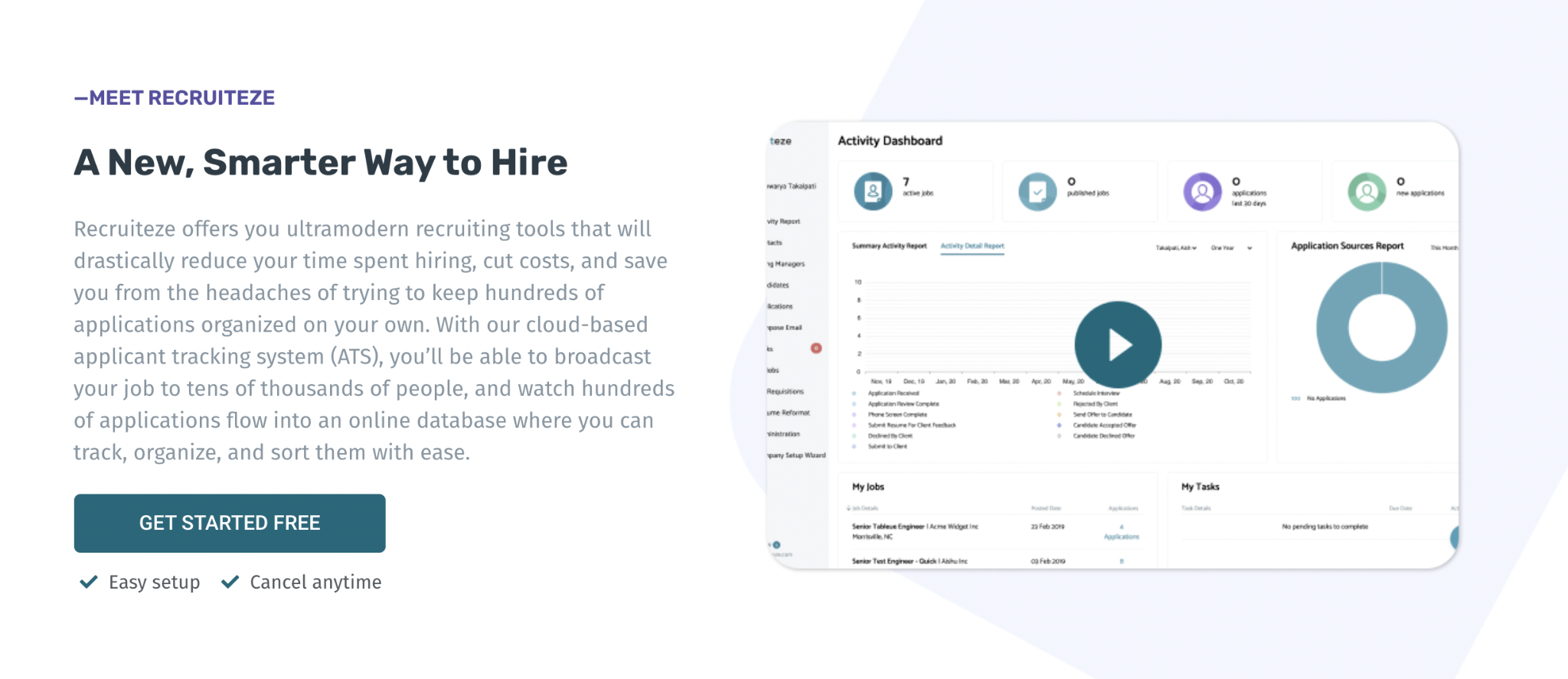
Recruiteze is an online ATS for small business recruiting, talent tracking, and hiring. Some of the features offered are:
- Career page management and customization
- CRM
- Email automation
- Job broadcasting
- Applicant tracking
We have talked about candidate experience in this guide and how ATS can help you; now, you should test it out and see for yourself.
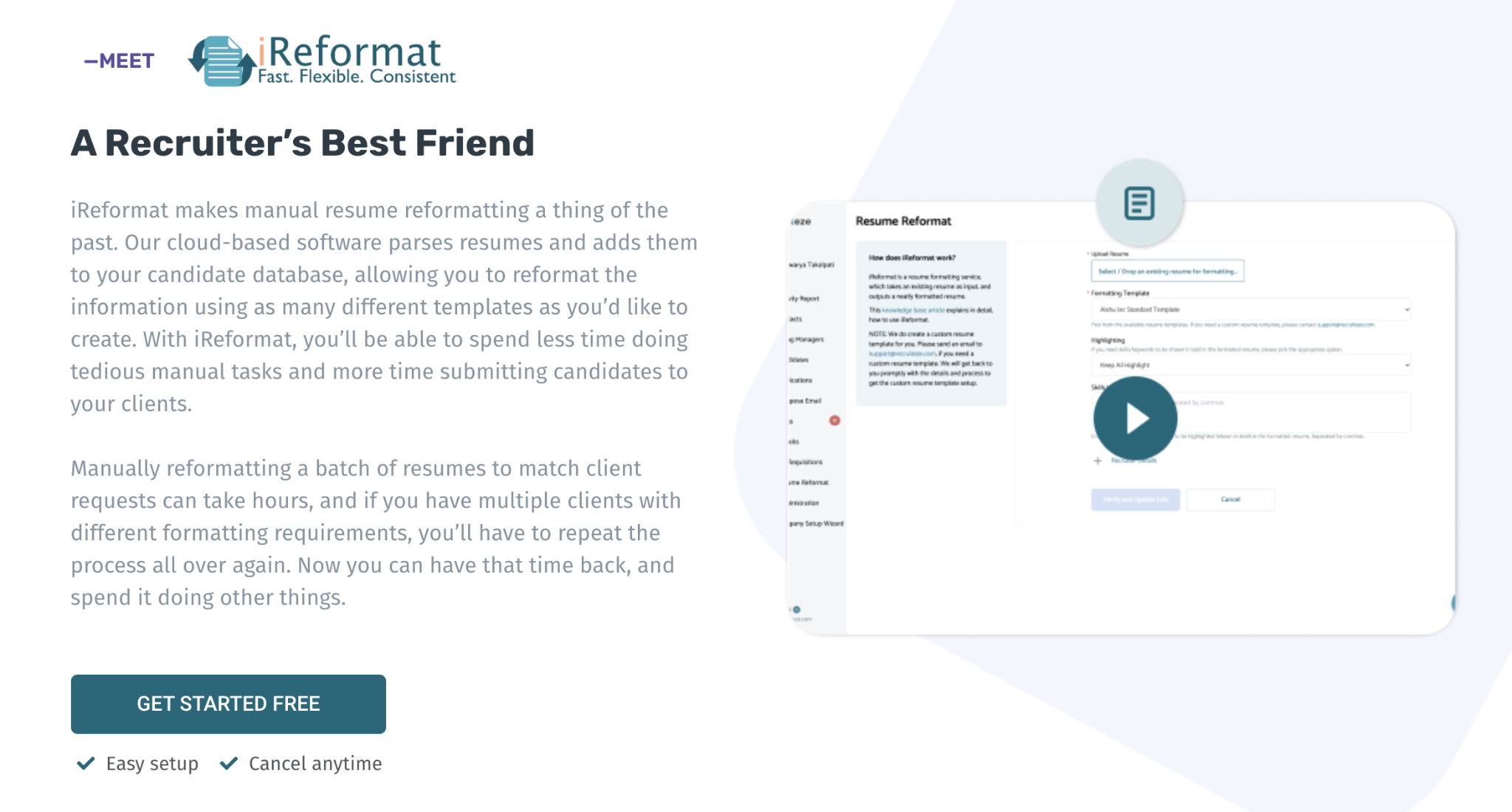
iReformat is a resume formatting tool that allows you to format up to 10 resumes per month for free! If you’re ready to take the redundant administrative work out of your daily tasks, start using our free recruiting software today.
Read more from our blog:
Why Don’t We Always Hire the Best Candidates? [Recruiters Explain]
Why you should use recruitment software
